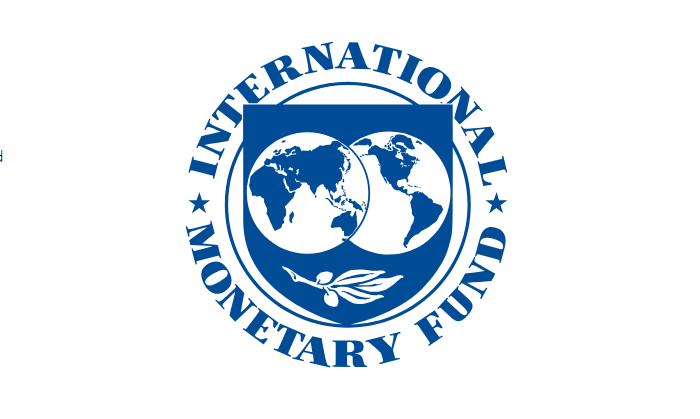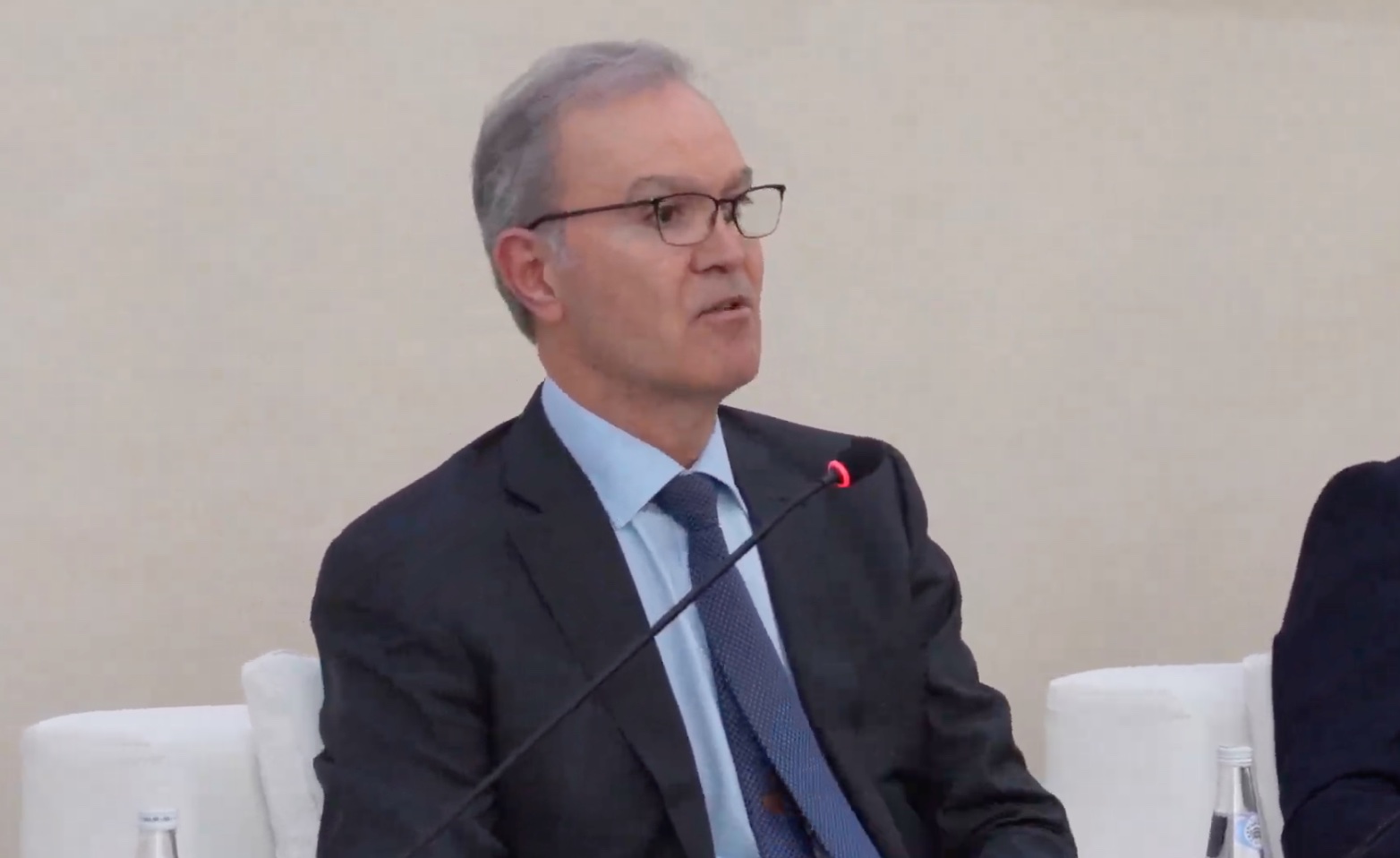BAKU, Azerbaijan, May 2. The development of the Middle Corridor - a strategic trade route linking Central Asia to Europe via the South Caucasus - could bring substantial economic gains to the region, but realizing its full potential will require strong cooperation and sustained investment, said Thanos Arvanitis, Deputy Director of the IMF’s Middle East and Central Asia Department, answering Trend's question.
Speaking at an IMF media roundtable at the Central Bank of Uzbekistan, Arvanitis underscored the importance of the corridor for regional trade and diversification.
"Clearly, the Middle Corridor and investing in it could create positive spillovers for all the countries connected to it," he said. "It would facilitate trade, support economic diversification, and therefore, it is very important for this regional cooperation to continue to ensure that the investment is carried through".
He emphasized that effective implementation of the corridor would depend on joint efforts by all participating states and the mobilization of external funding. "Strong cooperation would be critical to realizing this corridor and would, of course, require coordinated efforts among all the countries, as well as international financing to be raised for it," Arvanitis noted.
The IMF official described the Middle Corridor as a project with wide-reaching developmental implications. "I believe this is a project that would have significant benefits for the participating countries, their neighbors, and their economic development," he said.
However, he cautioned that infrastructure alone would not be enough. "To fully realize these benefits, actions will need to go beyond construction. It would also be helpful to harmonize customs regulations and strengthen cross-border facilitation to ensure that products and goods can efficiently pass through the corridor once it is built," Arvanitis added.
He also acknowledged the role of other development partners, noting that "many other financial institutions, including the World Bank and the EBRD, are actively involved in financing various aspects of it".
The Middle Corridor has gained momentum in recent years as countries across Central Asia seek alternative transit routes to global markets, reducing reliance on traditional corridors and enhancing connectivity with Europe and beyond.









